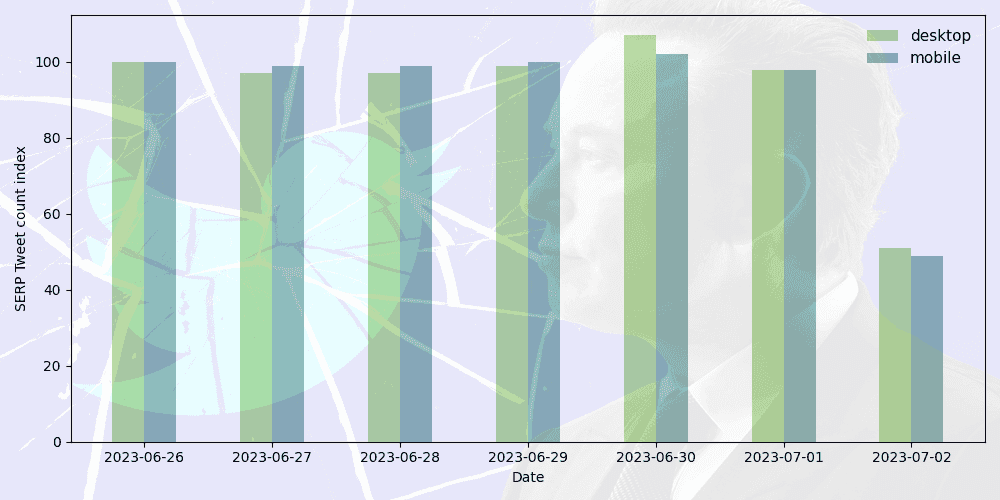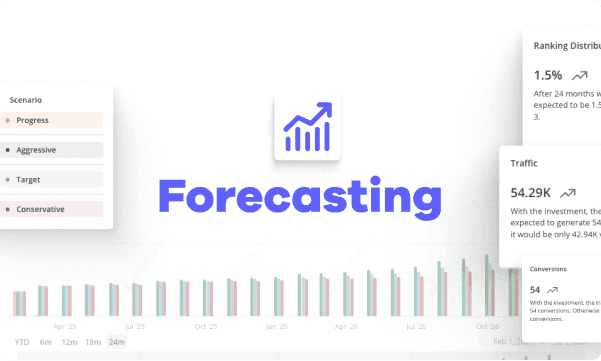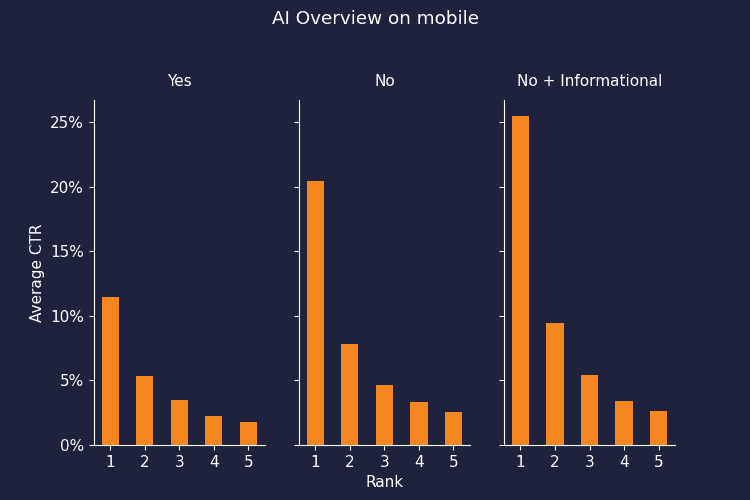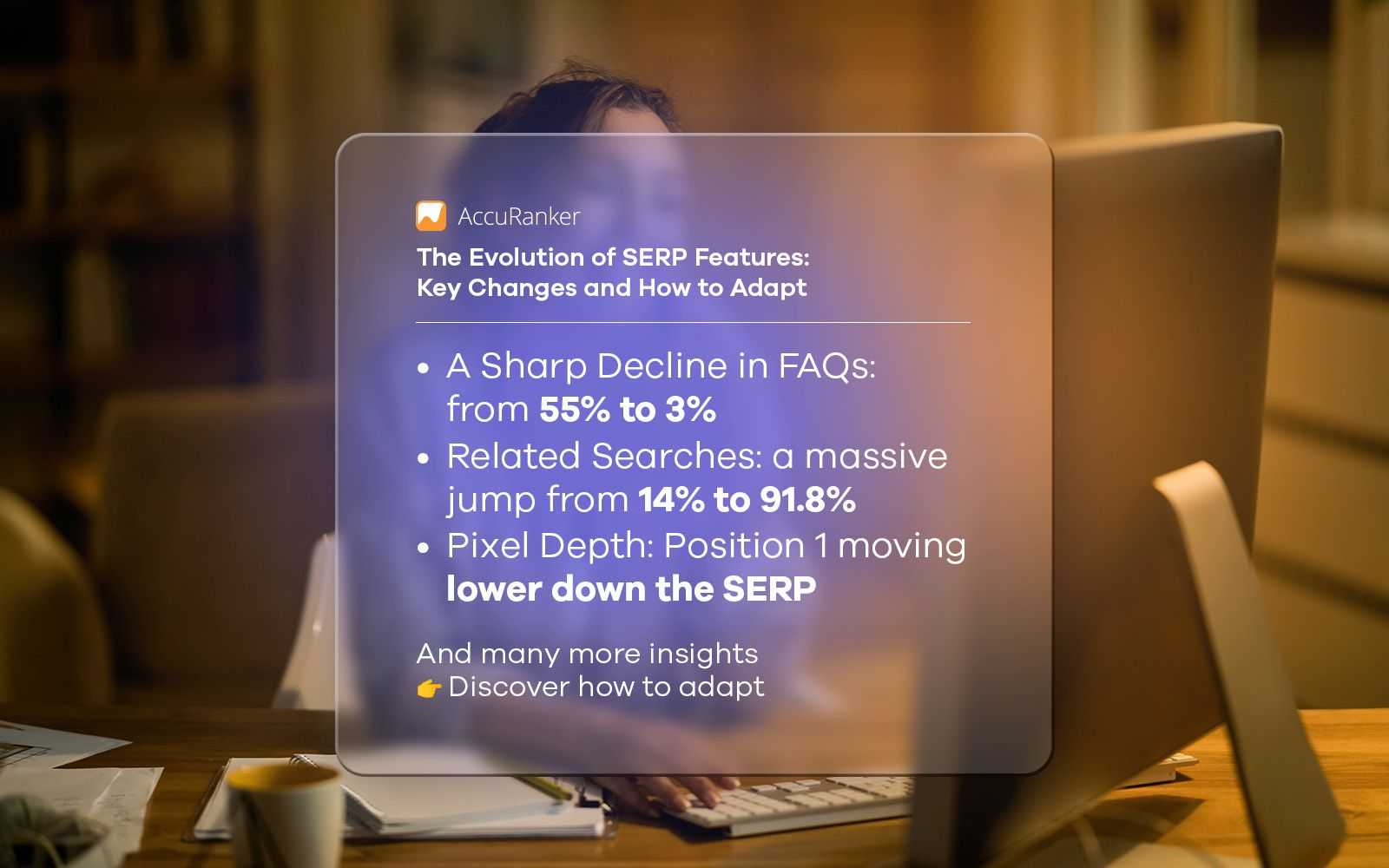Twitter's Recent Restriction Causes a 50% Drop in SERP Elements with Tweets
Last updated on Friday, July 7, 2023
Introduction
Twitter's recent decision to restrict Google's web crawling bots has had a direct and immediate impact on the search engine results page (SERP). Our data shows a significant reduction in the number of SERP elements featuring recent tweets, with a drop of 50% on both mobile and desktop. This sudden drop in visibility has implications for Twitter's reach and user engagement. In this blog post, we discuss the implications of this change.
Insights from AccurRanker's SERP Data Analysis
Our analysis provides valuable insight into the impact of Twitter's bot restriction on Google's SERP. Our data shows a significant 50% decrease in the presence of recent tweets in search results following the implementation of Twitter's restriction. This decline demonstrates the immediate impact of limiting access to Twitter's content by Google's web crawling bots.
To visually illustrate this impact, we have plotted the relative number of SERPs with recent tweets per day for both mobile and desktop search. The numbers have been normalized to an index of 100 for the first day in our data series. The graph clearly shows a stable number of SERPs with recent tweets per day, followed by a significant drop the day after Elon Musk's announcement on Twitter on July 1.
This data underscores the importance of Twitter's bot restriction and its direct impact on the availability of recent tweets in Google search results.

What are the immediate implications?
The changes have several implications for both Twitter, Google and the search professional. Here, however, we will limit the discussion to the SEO-related aspects.
Web crawling is a critical process that allows search engines like Google to efficiently index web pages. By restricting Google's access to its content, Twitter has limited the visibility of its tweets in the SERP. The consequences of this restriction highlight the delicate balance between platform control and ensuring broad accessibility for users seeking relevant information.
Twitter's bot restriction has profound implications for those who prioritize their organic rankings on Google. Click-through rates are expected to drop significantly as organic results will no longer display a carousel of recent (relevant) tweets. Individuals and businesses that have invested in their presence on Twitter know that a significant amount of attention comes directly or through Google search, so with a significant decrease in visibility, action is needed to maintain attention. Diversifying your approach to driving traffic and adapting to rapid change is becoming increasingly important. Proactivity is key, and improving overall SEO efforts can help mitigate the impact of changes like Twitter's.
What comes next?
It will be interesting to see if Twitter and Google can find a solution that preserves Twitter's ability to control its data while allowing Google to get the information it needs. Restoring Twitter's presence on Google's SERP is crucial to the platform's growth, user engagement and overall reach, and Google's presence is a win-win for both platforms, but it will be interesting to see if the changes to the SERP landscape are permanent or return to the previous state.
Tracking your keywords is key to being proactive, and it is obvious that it is important to monitor the impact of changes like this. By keeping an eye on your keywords, you can adjust your SEO strategies, optimize your content, and explore alternative ways to maintain a strong online presence. Keyword tracking helps you stay on top of the evolving search landscape, adapt your approach, and maximize your organic visibility, whether it's a reduction in tweets, feature snippets, or the upcoming AI changes to the SERP.

Article by:
Esben Leonhard Kolsbjerg
Software Engineer III at AccuRanker
Esben Leonhard Kolsbjerg is a Software Engineer III at AccuRanker


